Reliable Septic Inspection Services for Commercial Properties
If you’re a business owner, maintaining your septic system should be a top priority. Septic inspection services ensure that your system operates efficiently, avoiding costly repairs and health hazards.
Key Takeaway:
- Septic inspection services help businesses avoid expensive repairs.
- Inspections identify potential issues before they worsen.
- Regular inspections maintain the efficiency and lifespan of your septic system. – A well-maintained septic system contributes to environmental health.
Why Regular Septic Inspections Matter

1. Preventing Major Breakdowns
One of the biggest reasons to schedule regular septic inspections is to prevent major system failures. Septic systems work hard to treat and dispose of wastewater. Over time, components can wear out, get clogged, or even break. Regular inspections identify these issues early, saving you from unexpected and costly repairs.
2. Ensuring Compliance with Regulations
For commercial properties, compliance with local and state regulations is non-negotiable. Health departments often require regular septic inspections to ensure the system is functioning correctly. Failing to meet these standards could result in fines or even business closure. A reliable septic inspection service helps you stay compliant.
3. Protecting Public Health
A malfunctioning septic system can lead to leaks and spills, posing significant health risks. Contaminated water can spread diseases and harm the local environment. Regular septic inspections help prevent these scenarios by ensuring the system is working as intended.
How Septic Inspections Work

1. Initial Assessment
The inspection process typically begins with a thorough assessment of the property. Inspectors look at the layout of the land, the size of the septic tank, and the system’s usage. This initial step helps determine the inspection’s scope.
2. System Check
Next, inspectors examine each component of the septic system. This includes the tank, pipes, and drain field. They check for signs of wear, leaks, or improper functioning. Advanced tools like cameras may be used to get an inside look at the system’s condition.
3. Report and Recommendations
After the inspection, you’ll receive a detailed report outlining the system’s status. This report will include any recommended repairs or maintenance tasks. Acting on these recommendations promptly can save you time and money in the long run.
Common Septic System Issues Identified During Inspections
| Issue | Description | Potential Solutions |
|---|---|---|
| Clogged Pipes | Buildup of waste material or tree roots blocking the pipes. | Professional cleaning or pipe replacement |
| Leaking Tank | Cracks or holes in the septic tank leading to leaks. | Tank sealing or replacement |
| Inadequate Drain Field | Poor drainage or saturation of the drain field, causing wastewater to surface. | Drain field rehabilitation or expansion |
| Mechanical Failures | Malfunctioning pumps or aerators that are crucial for system operation. | Component repair or replacement |
Importance of Professional Septic Inspection Services

Expertise and Experience
Professional inspectors have the training and experience to identify even the smallest issues. They know what to look for and can provide accurate diagnoses. This expertise ensures that potential problems are caught early.
Advanced Tools and Techniques
Professional septic inspection services use advanced tools and techniques. These include video cameras, electronic sensors, and specialized pumps. These tools allow for a more comprehensive inspection than a DIY approach.
Advanced Tools Used in Septic Inspections
| Tool | Purpose | Benefits |
|---|---|---|
| Video Cameras | To inspect the inside of pipes and tanks. | Identifies blockages and damage. |
| Electronic Sensors | To measure levels of waste and detect leaks. | Provides precise data. |
| Specialized Pumps | To remove waste and debris during inspections. | Ensures thorough cleaning. |
| Soil Probes | To test soil conditions around the drain field. | Assesses drain field health. |
Scheduling Your Septic Inspection
1. Finding a Reliable Service Provider
Choosing the right septic inspection service is crucial. Look for providers with good reviews and appropriate licenses. Texway Wastewater Services, for instance, has a proven track record of delivering quality services in Johnson County, Texas.
2. Setting a Regular Schedule
It’s recommended to have your septic system inspected annually. However, the frequency may vary depending on the system’s size and usage. Consult your service provider to establish a schedule that suits your needs.
3. Understanding the Costs
The cost of septic inspections can vary. Factors like system size, location, and the complexity of the inspection can influence the price. Investing in regular inspections can save you from higher costs down the line.
Signs Your Septic System Needs an Immediate Inspection
- Unpleasant Odors: Persistent foul smells around your property.
- Slow Drains: Water draining slowly in sinks, toilets, and tubs.
- Standing Water: Pools of water near the drain field.
- Lush Grass: Exceptionally green or lush grass over the septic area.
- Sewage Backup: Wastewater backing up into your property.
Environmental Impact of Septic System Neglect

1. Water Contamination
Neglected septic systems can leak, contaminating nearby water sources. This affects not only the environment but also local communities relying on these water sources.
2. Soil Degradation
A failing septic system can lead to soil contamination. Harmful pathogens and chemicals can seep into the ground, affecting plant life and agricultural activities.
Maintaining Your Septic System Between Inspections

1. Watch What You Flush
Only flush septic-safe products. Avoid flushing items like wipes, sanitary products, and harsh chemicals that can clog or damage the system.
2. Regular Pumping
Regularly pump your septic tank as recommended by your inspection report. This prevents the tank from overfilling and causing system failures.
3. Conserving Water
Excessive water use can overload your septic system. Implement water-saving practices such as fixing leaks, using efficient fixtures, and spreading out laundry loads.
Key Benefits of Septic Inspection Services for Businesses

1. Cost Savings
Regular inspections can reduce the likelihood of expensive repairs by identifying issues early. This proactive approach saves money in the long run.
2. Operational Efficiency
A well-maintained septic system ensures smooth operations, avoiding disruptions caused by system failures. This is particularly important for businesses like restaurants, hotels, and RV parks.
3. Enhanced Property Value
Well-maintained septic systems enhance property value. Prospective buyers are more likely to invest in properties with reliable and well-documented septic systems.
- According to the National Small Business Association, approximately 650,000 small businesses operate in the United States in the accommodation and food services sector, which often require regular septic inspections for their commercial properties (NSBA).
- Septic inspections for commercial properties typically cost between $300 and $1,000, depending on the size and complexity of the system (HomeAdvisor).
- The Environmental Protection Agency (EPA) recommends that commercial septic systems be inspected at least every three years (EPA).
- The American Society of Civil Engineers (ASCE) reports that approximately 25% of the 25 million septic systems in the United States are in failure or at failure (ASCE).
- Commercial septic inspections may involve various tests, including dye tests, sludge and scum tests, and flow tests, to ensure the system is functioning properly (Septic-1).
Key Takeaway
Regular septic inspection services are essential for maintaining the health and efficiency of your commercial property’s septic system. They prevent costly repairs, ensure regulatory compliance, and protect public health.
By investing in professional inspections and following maintenance recommendations, you can avoid system failures and enhance your business’s operational efficiency.
By understanding the importance of septic inspections, you can safeguard your investment and contribute to a healthier environment. For reliable septic inspection services in Johnson County, Texas, contact Texway Wastewater Services today.
By following these guidelines, you can ensure the longevity and efficiency of your septic system, protecting your property and the environment. Regular septic inspections are a small investment that brings significant benefits to any commercial property.

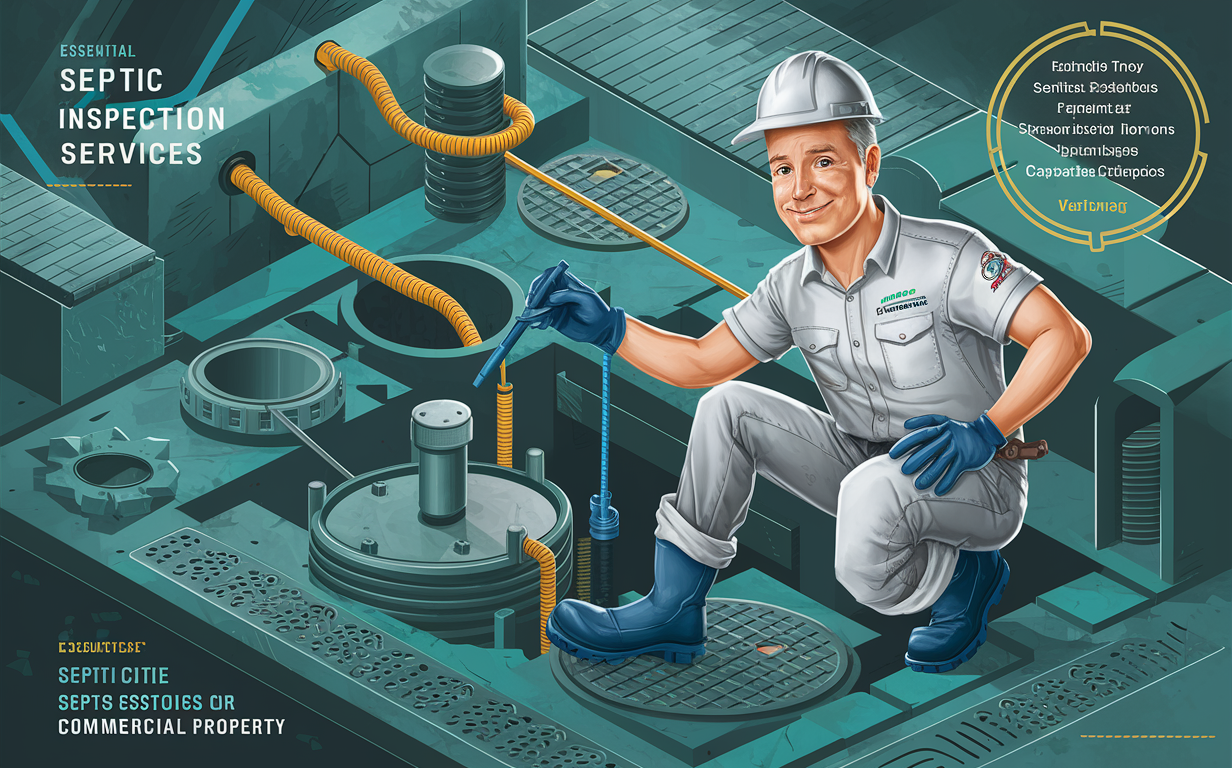


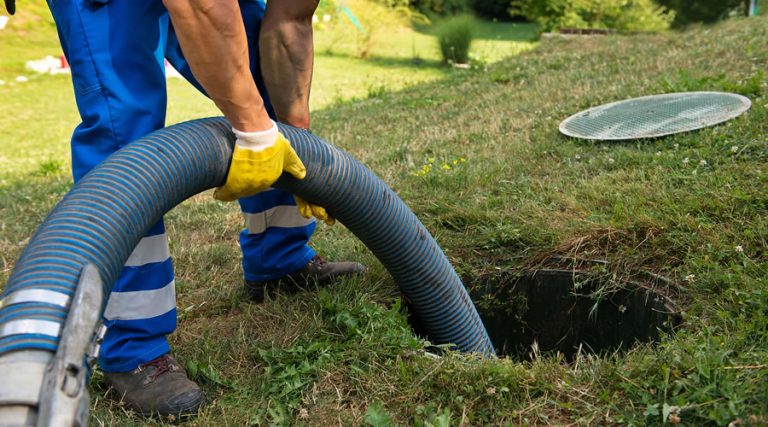
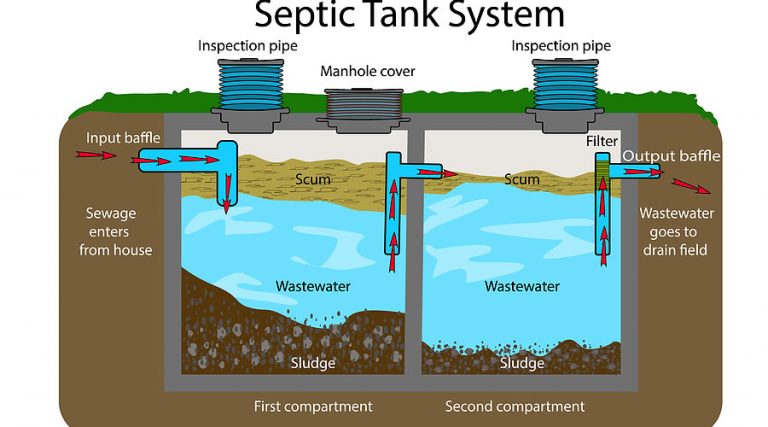
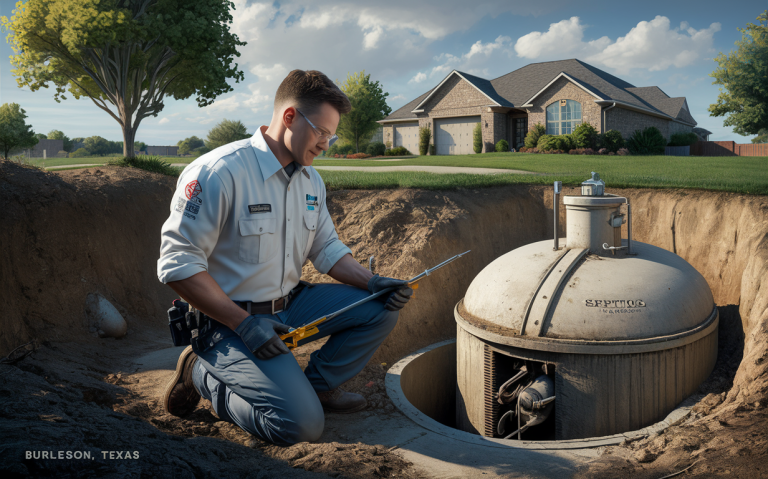
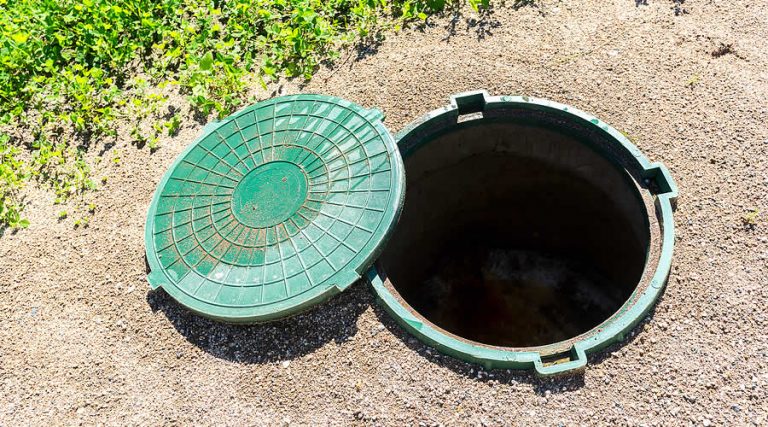
 Texway Wastewater Services is a septic, wastewater, and excavation company based out of Burleson, Texas and serving the surrounding areas. We specialize in
Texway Wastewater Services is a septic, wastewater, and excavation company based out of Burleson, Texas and serving the surrounding areas. We specialize in